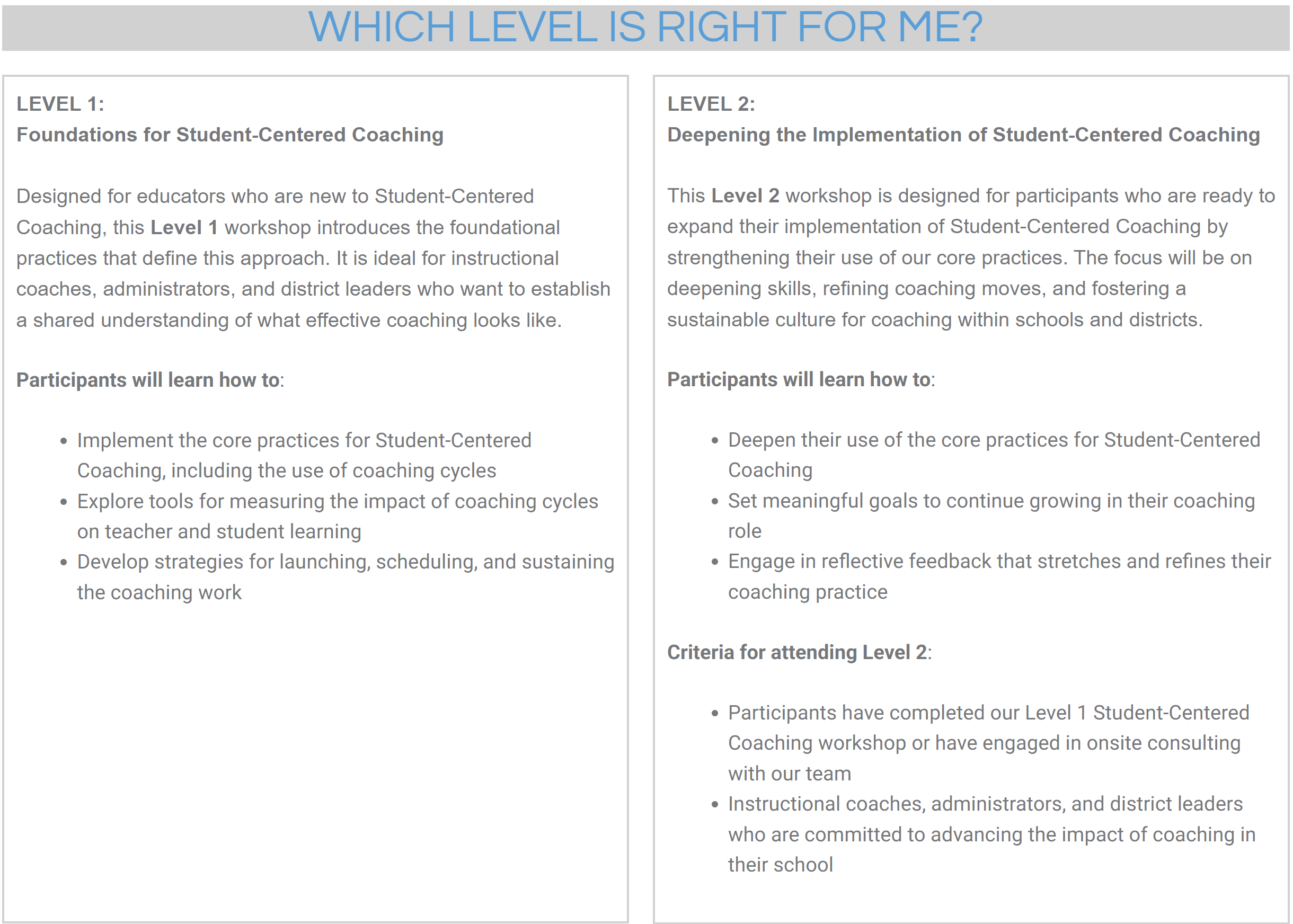A few years ago I was thinking about the upcoming research project my junior students were about to begin. I found myself rolling my eyes internally at the thought of one more paper to read about a disease or a controversial debate topic.
One of the main reasons kids hate research is the same reason many adults still hate research: it is boring. Education, research, rigor – none of it has to be boring.
“Education, research, rigor – none of it has to be boring.”
How can we change that?
Relevance.
I was tooling around Google checking out ways I could mush a dog sled before I die when I came to the conclusion that would transform research in my classroom for the next five years.
My students would choose their bucket lists.
And they would research them.
Not only was it exciting, fun, and NOT boring, it was relevant.
What if a student wanted to attend The Ohio State University (my masters degree alma mater)?
They could research how to get there, what scholarships were available, and what classes they would take.
What if they wanted to be a neurosurgeon?
They could research schools to attend, classes to take, jobs available.
What if they wanted to climb Mount Kilimanjaro?
They could research how much it would cost, how to get there, what training and equipment they would need, and how old they had to be.
It was as if a light went on in my brain and I was off to the races.
To take it one step further, I made the project a multi genre writing project. For each bucket list item the students researched, they would create a different kind of writing.
For instance, if they wanted to go on an African Safari, they might create an itinerary.
If they wanted to become a movie director, they might create a review of the movie they would direct one day.
If they wanted to create the ultimate wedding, they might write and publish the menu for their wedding dinner.

Not only did it require the usual research, citations, and all the standards and skills needed for college, but it also pushed and challenged them to use multiple types of writing to complete the project.
As a final fun component, I required the students to create a museum-like display using trifold boards. They had to have interactive components for the other students in the class to engage in the project, as well as a “takeaway” for those viewing their project to take home.
How did it go?
It’s been one of the most successful research projects I’ve seen in my classroom as a teacher. I have already created the unit plan for the Bucket List Research Project, which means if you’re a teacher – no work for you! If you’re a homeschool teacher, this is also a great project for your high school students! Maybe get a group of them together to share their final projects! It’s fun to see the kids get inspired by seeing the bucket lists of other students.
This is not only about research, writing and presenting, it is also about goal setting.
How many of us – as adults – have never done all the things we really want to set out and do? How much of our lives do we let pass by without becoming the best versions of ourselves? Maybe that happens because we don’t have (or take) the time to simply figure out HOW to reach our dreams!
Students loved being able to research their own bucket lists – figuring out ways they could display their writing and use interactive features to get other students involved.
I’ve had mustache takeaways (someone wanted to watch Charlie Chaplin movies) or army men parachute figurine takeaways (for someone interested in the military). I’ve had kids create movies and videos, presentations and full portfolios.
Every year when the students do this project, I do the project as well. I try and get involved and update my own bucket list. It’s important that we, as teachers and adults, model for our students the projects they are attempting. And it helps challenge us to see what is difficult/easy about the project. One year I came up with a list of 40 things I want to do in the year I turn 40.
“Relevancy, I am convinced, is one of the keys to helping students feel like what they are doing matters.”
Relevancy, I am convinced, is one of the keys to helping students feel like what they are doing matters.
And if I can help them achieve their goals and become the best versions of themselves, then I’m doing my job.
Resources
Please login or register to claim PGPs.
Alternatively, you may use the PGP Request Form if you prefer to not register an account.




